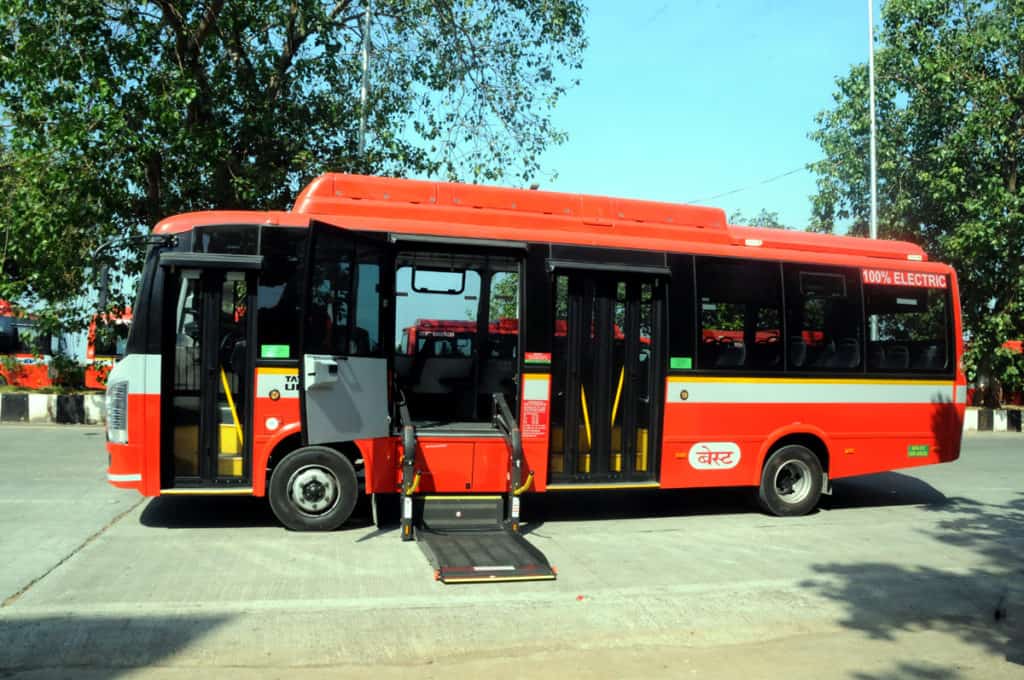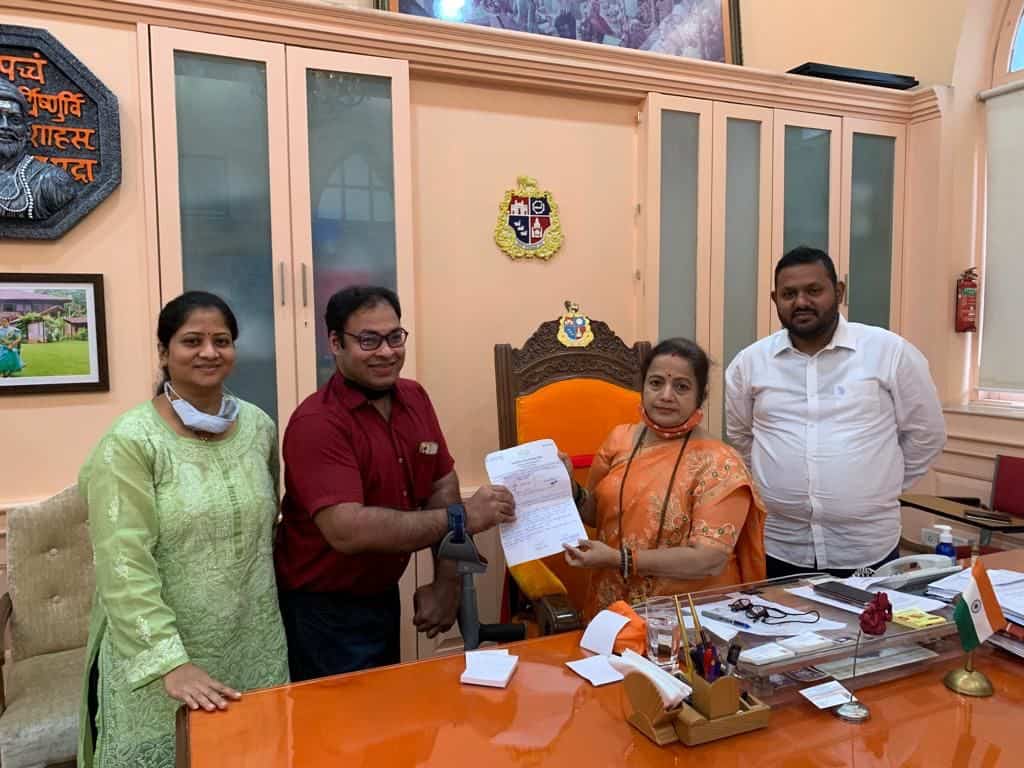Swara Madav, a Lower Parel resident, lives with Spina Bifida, a birth defect in which the spine and spinal cord don’t develop properly. The condition affects the ability to walk. “Barely any places in Mumbai have proper slopes and railings in place for us, not even places that are deemed essential, like grocery shops, banks or clinics.” Swara says. Construction work adds to the obstacles in her daily commute around town. A survey in 2017 found that Mumbai lacks in infrastructure for those with any form of disability and the situation doesn’t seem to have changed much since.
“Even if you ignore the lack in inclusive infrastructure, there are problems that rise from already existing infrastructure — ill maintained streets and footpaths, loose paver blocks, potholes, badly fixed potholes, fallen trees, garbage cans on footpaths are all an issue for those who can’t walk,” says Unnati Shelar, a Neurotherapist, who works closely with people with ambulatory disabilities. She adds that older people are equally affected by these issues.
Where is the infrastructure?
A majority of citizens in Mumbai travel by public transport, of which, buses and local trains are the most commonly used modes. But, travel is not easy for people with disability. On February 6th, a man lost his balance while trying to board a local train in Panvel, but was saved in time by a Railway Protection Force officer. “There are coaches reserved for disabled commuters, but many use them wrongfully and just climb into them,” said Swara.
In July 2019, the Bombay High Court asked railway authorities to implement ways to make suburban train coaches and platforms more disabled-friendly, by increasing halt time for trains and redesigning coaches reserved for persons with disabilities. In an affidavit submitted before the Court, the railways said it would not be possible to make these changes.
Read more: How the pandemic affected persons with disabilities and why we should care
Some platforms have escalators, some don’t. “I faced a lot of issues because of all the pushing and shoving that happened on railway platforms. This was an everyday ordeal. I lived in Lower Parel and my work was in Navi Mumbai, so I finally decided to move to Navi Mumbai and live with my relative.” said Swara. Coaches for travellers with disability are placed in the centre of the train, for easier accessibility, irrespective of the bridge one uses, but if people are not able to climb the stairs to these bridges, the purpose of the coach itself is moot.

Prashant Mohre, a representative for Chief Manager Traffic, Mumbai, asserts that in the city’s newer BEST E-buses, there are provisions to let wheelchair users enter easily with the use of collapsible ramps. “If we get direct feedback from disabled citizens, we do our best to help them by providing a collapsible ramp in buses on their usual route, as we have done in a few cases in the past.” he says.
But the collapsible ramps are available only in the electric buses, not the general ones. “They have two seats reserved for persons with disability and senior citizens in buses, but the first step to climb onto the bus is so high that it is not possible to get on the bus without help.” says Mukund Kasbekar, a senior citizen, who suffered an injury in 2020 that affected his ability to walk. Mukund is a theatre artist who travels from Prabhadevi to Girgaon for rehearsals via bus.
“The government’s view of disability is very myopic, and inconsiderate of people with ambulatory disabilities,” said Dr. Shelar. “It is a never ending cycle, lack of appropriate infrastructure keeps them from coming out of their homes, and the lack of people asking for change is delaying infrastructural reform.” she added.
Rays of hope
Citizen engagement, however, is bringing reform in some cases. Earlier in November, Siddharth Mhatre, a Dadar Parsi colony resident with Cerebral Palsy worked with the area corporators to make a street in his colony accessible. His local initiative gathered attention from other area corporators in Khar and Mahim, to apply it to their areas as well.
Siddharth, along with his neurotherapist, who helped him kick start the initiative, recently met with the Mayor of Mumbai to discuss how the initiative could be replicated in all wards in the city. “We got our accessibility initiative letter signed from the mayor, which made ward officials take our work more seriously, and act promptly. Nehal Shah, a corporator in Matunga has taken up the project of making footpaths disabled-friendly in her area and I have been invited to the launch of the new E-buses which are said to have an inbuilt collapsible ramp. Meeting the mayor helped us gain credibility” said Siddharth Mhatre.
